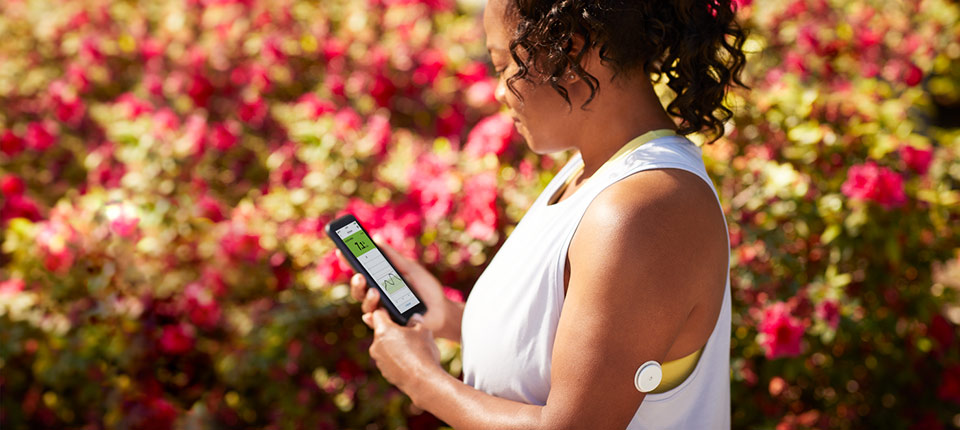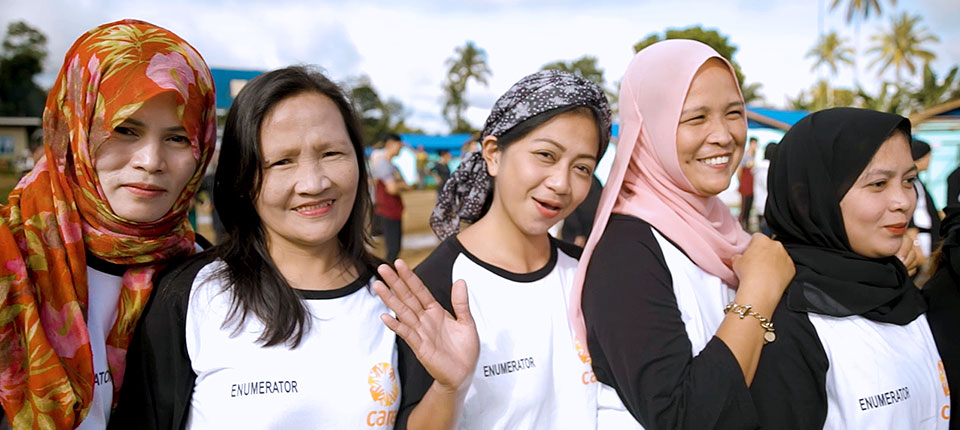Resilience. It’s often defined as the ability to recover quickly from challenges and difficulties. It requires adaptability and is a skill that is especially important for families and communities facing extreme weather or other unexpected challenges where so much can change – without warning.
When natural disasters like hurricanes hit, there is always an immediate need for food, water and medical supplies. However, organized disaster-relief efforts can take days to ramp up – putting communities in danger, especially residents facing ongoing health challenges and food insecurity.
That’s exactly what the world saw after Hurricane Katrina ravaged communities across the southern U.S. in 2005. Damaged and flooded roads severely limited access to some communities, leaving many families without urgently needed relief. The biggest lesson from Katrina was that more needed to be done to help communities prepare in advance. So that’s exactly what we did in 2006 – launching two initiatives to support health clinics and food banks in advance of hurricane season.
Preparing for Hurricane Season: Providing the Right Products in the Right Places
Since 2006, we’ve partnered with two organizations – Feeding America® and Direct Relief – to help communities to better prepare for hurricane season by storing nutrition and healthcare products at clinics and food banks in high-risk areas.
“Disaster Relief Packs” for food banks: Abbott and Feeding America provide nutrition disaster relief packs to local food banks in areas at risk of hurricanes, including Florida, Louisiana, Puerto Rico and Texas. Designed to be given directly to families affected by disasters, the packs can meet immediate nutritional needs for three days.
Tailored to different family sizes, the packs contain Abbott nutrition products for children and adults, including Pedialyte® rehydration solutions, Ensure® and PediaSure® nutrition drinks, and nutrition bars. This year, 4,000 packs will provide rapid nutrition support for more than 12,000 people. Thanks to the disaster relief packs and related efforts, more than 660,000 people have had access to nutrition and healthcare support over the past 18 years.
“Disaster Relief Modules” for health clinics: Abbott is also proud to continue working with Direct Relief to provide supplies for disaster relief to 80 health clinics providing community medical care across the U.S. Southeast and Gulf Coasts, Puerto Rico and the U.S. Virgin Islands. These modules provide clinics with the key first aid supplies and medicines they need to treat 100 patients for three to five days immediately after a hurricane.
In the first year of the partnership in 2006, the Direct Relief modules contained only Abbott products. Today, the modules include essential products from many other healthcare companies along with Abbott diabetes care products. This year, the modules will serve more than 2,000 people in need.
Over nearly two decades, these disaster prep initiatives have made a real difference, providing critically needed support for communities. But we saw crucial gaps remained. And with extreme weather events becoming more common and typically causing the greatest hardship to those with the least resources to bounce back, we further refined our strategy – working with trusted partner organizations to expand beyond preparedness, response and recovery to also focus on ongoing disaster mitigation to build more resilient communities.
Working to Help Build Year-Round Resilience
We know product donations are not enough to build capable and reliable disaster response systems. Building community resilience means constantly thinking ahead, identifying and taking preventative measures to avoid and lessen the impact of disasters, adapting to unforeseen circumstances and listening closely to specific community needs.
"What resilience looks like for one community may be very different than another. Every community faces unique challenges before – and certainly after – natural disasters,” said Suki McClatchey, director of global citizenship, Abbott. “We don’t have all the answers, but we are committed to listening and working in close collaboration with on-the-ground partners to help identify and meet the needs of each community before disaster strikes. As we learn more, we continue to shift our thinking and approach to take a more proactive role in preparedness – going beyond product donations to investments in local capacity."
Unfortunately, many communities most vulnerable to climate change and extreme weather are also those that are historically underinvested in other areas. These communities may be more prone to more significant impacts from disasters, and face greater challenges in recovering.
That’s why Abbott and the Abbott Fund are implementing targeted disaster resilience strategies to help prevent and mitigate the impact of hurricanes and other disasters on communities in New Orleans, Dallas, Orlando, Puerto Rico, and additional areas.
The focus of these efforts is on providing grants for infrastructure and systems at food banks and community health clinics to strengthen their capacity to mitigate the impact of disasters. This includes investments in solar power, infrastructure strengthening, heavy equipment and supplies, and staff training.
This builds on earlier efforts and learnings in Puerto Rico to help meet increased needs at neighboring, smaller food banks on the island. The partnership helped the regional food bank, Banco de Alimentos, to invest in additional on-site space and equipment. This included building additional assembly lines for processing food donations, with electric conveyors, pallet jacks and other equipment to significantly expand the number of food boxes they can quickly assemble and distribute when disasters strike.



FOLLOW ABBOTT